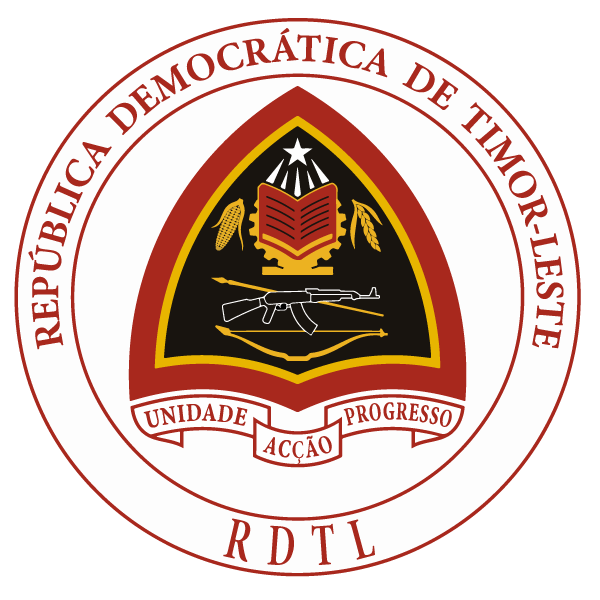The Vice-Minister of Parliamentary Affairs – VMPA, H.E. Adérito Hugo da Costa, accompanied by the Minister of Public Works – MPW, H.E. Samuel Marçal, participated in the discussion on the speciality of PPL no. 9/VI (1st) – Measures to Protect Urban Legality, between February 19 and 21, 2025, in the Liquiçá municipality.
The discussion was chaired by the President of Commission E, MP Marcos Xavier, with the participation of members of the aforementioned commission, which deals with infrastructure issues, and had the support of commission A, which deals with constitutional issues.
The proponent of the Proposed Law is the Ministry of Public Works and the implementers are the Ministry of State Administration and the Ministry of Planning and Strategic Investment.
This Law has 4 chapters and 18 articles, and MP Dário Madeira, Óscar Lima and Aniceto Guterres, from Commission E, presented a proposal to add a new article to the law related to “Administrative and Judicial Guarantees”. This proposal was approved with 9 votes in favor, 0 votes against and 0 abstentions.
According to the Minister of Public Works, Samuel Marçal, who proposed this law, it complements Decree-Law no. 9/2022.
It is necessary to classify them carefully, because many laws can be confusing if we don’t understand them well. Licensing law, urban planning law and land use planning are three things that are related, but they are not the same thing.
The laws that already exist talk about licensing, and now we talk about urban planning. These two laws are similar, but they are not the same.
Licensing looks more at the risk rules for licensing when you are going to build a house. Urban planning is about living in an organized or disciplined way. Because we have a problem, we make this law. It is not a law for empty land, but for land that is already occupied by houses. . We all want to improve the city. Urban planning problems affect the drainage of rainwater that enters people’s homes and have to do with disorderly and unregulated construction.
Licensing refers to the need to have a license when someone is going to build a house, so that the Government can assess the risk of that land. Land use planning is something more comprehensive, to decide which areas are commercial, which are zones for universities, for tourism, etc…
The implementation of this law will have consequences, because the Government made this law not for empty land, but for land that is already occupied by houses.
This Law cannot regulate a Decree-Law, but it complements the existing Decree-Law, so that they complement each other. One deals with zoning and the other also deals with urban planning, therefore this Law does not regulate the existing Decree-Law.
Soon, the Government, through the MPW, will also submit another law called the building code.
Development is not just about roads but also takes advantage of existing spaces.
When discussing the Planning and Ordering Law, it is not a small thing. It is necessary to do good planning and study and only then can it be implemented. The Law already exists and now the Government is trying hard to decide what the city of Dili will be like. We cannot compare the same territorial order, but talk about the dignity of the State.
Regarding article 2, why do we have this article? Because of what happens on our land. In the Delta someone built their wall, to play loud music or raise animals, and they say that is also their right. Article 2 is to apply related to this issue.
We cannot ignore this idea. If we find that we don’t want to demolish, then we have to move to an empty lot with no people, so that we can implement this law, but, voluntarily or not, we have to demolish. Dili is a small city, and when we improve it properly it will be much better. This is not easy. I recognize the concerns, gentlemen, but it is not easy to do this in just one day.

